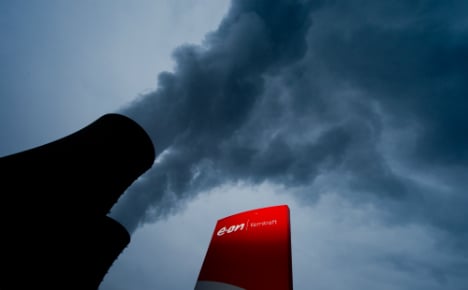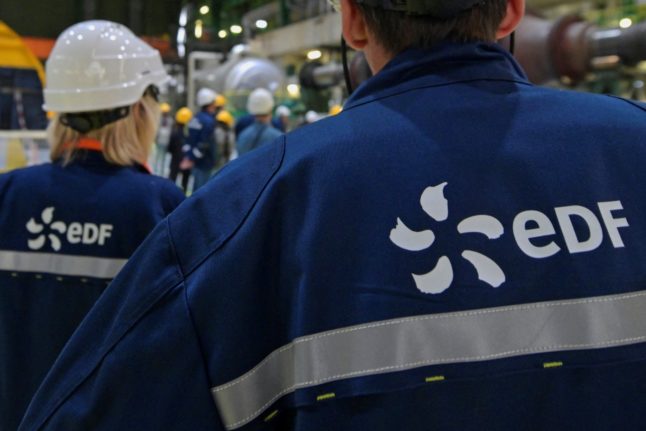Energy giants E.ON, RWE and Sweden's Vattenfall want the Constitutional Court to rule that the move was an expropriation of their assets.
They hope that would bolster damages claims they have already launched in lower regional courts where they are reportedly demanding at least €15 billion in separate cases.
Merkel's government in the days after the March 11, 2011 earthquake, tsunami and subsequent Fukushima reactor meltdowns decided to halt operations of Germany's eight oldest nuclear plants and to shutter the other nine by 2022.
The move, shortly before key regional elections, marked a sharp reversal for Merkel, who had previously overturned a phase-out ordered by an earlier government in 2002 and extended the lifespan of Germany's nuclear fleet until 2036.
Today, eight of Germany's 17 nuclear plants remain in operation.
SEE ALSO: How Fukushima triggered Germany's energy revolution
The energy companies have booked heavy losses amid the nuclear phase-out and shift towards green energy, much of it produced by wind and solar plants operated by households, small businesses and municipalities.
The glut of government-subsidised renewable power has led to a collapse in wholesale electricity prices.
The companies filed the first of a spate of legal cases in 2012.
The chief of Germany's biggest power company E.ON, Johannes Teyssen, told the Constitutional Court: “This is not a political issue or about whether you are for or against nuclear power.
“The question is simply: do we have the right, overnight, to deprive people… of their assets without compensation?”
E.ON this month said it suffered a seven-billion-euro net loss in 2015, blaming in part the massive write-downs on the value of its electricity plants.
Critics argue that the big energy companies benefited from massive state subsidies when the nuclear plants first went into operation.
Safely decommissioning all the plants and storing their radioactive parts and waste will cost around 50 billion euros, experts estimate.
Industry observers say the companies hope to use a favourable court ruling as leverage in parallel talks on state aid for decommissioning the atomic plants.
However, Environment Minister Barbara Hendricks said Tuesday that “the government will not agree to any deals”.
The Constitutional Court hearings run until Wednesday, and a ruling is not expected for several months.



 Please whitelist us to continue reading.
Please whitelist us to continue reading.
Member comments